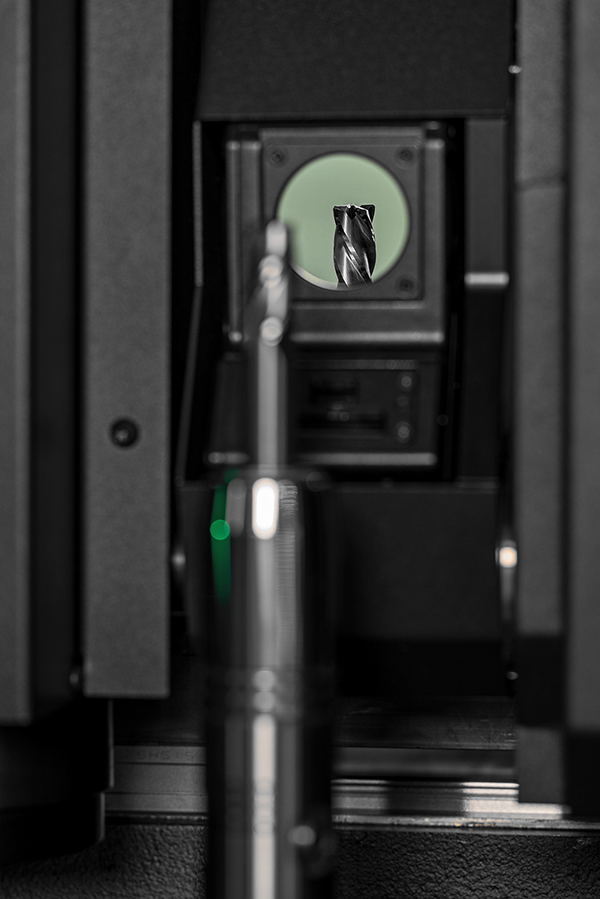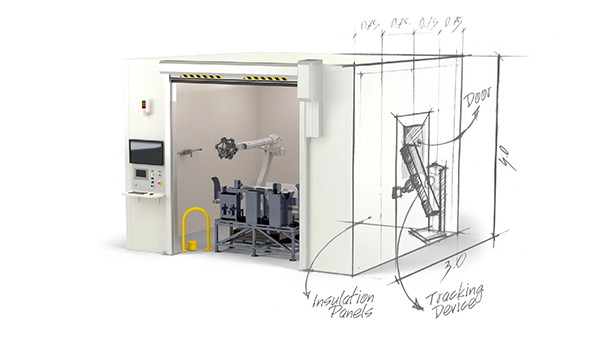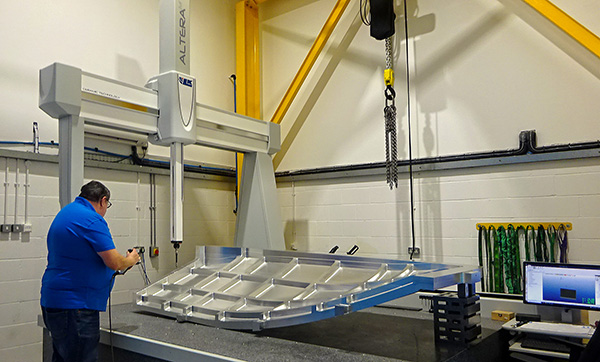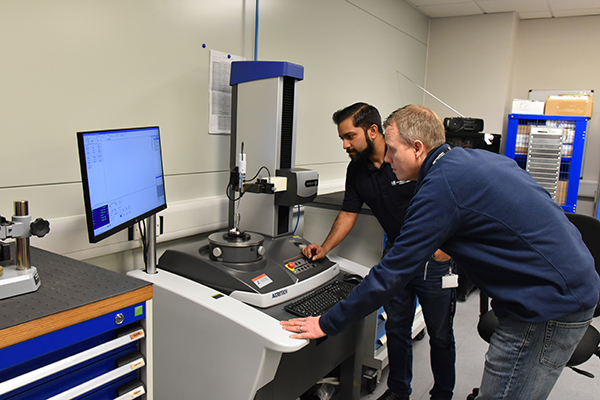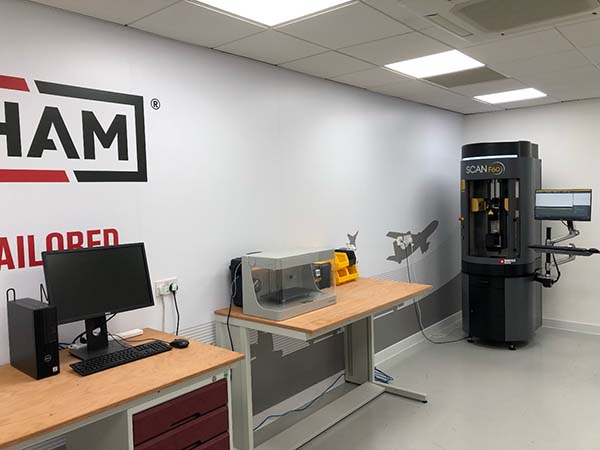
Walter Ewag UK has announced a step change in the fully automatic measurement and digitisation of cutting tools with the launch of the Walter 3D laser sensor. The new laser sensor enables the Walter Helicheck Pro and Plus tool measurement machines to scan with four times the resolution than previously possible and to process that data four times faster. Suitable for inspecting high-performance cutters as used in industries including automotive, aerospace and medical, where cutting edge geometry, pitch and spiral pitch vary widely, the 3D sensor could replace two separate machines traditionally used for measuring such tools – perhaps a combination of conventional and laser checking.
Available as an option on the Helicheck Pro and Plus machines and their corresponding ‘Long’ versions – which can accommodate tools up to 80 mm diameter and 605 mm long – the 3D sensor has swivel angle ranges from -55° to 90°, thus also enabling the complete scan of indexable inserts.
Easily and quickly programmed using wizard routines, with resulting short set-up times, the 3D sensor effectively ‘visualises’ the workpiece as a point cloud (in differing formats) and enables various measurements to be undertaken on the 3D image. When the resulting image is ‘placed’ on the tool’s 3D design drawings, or a master part, any deviations are clearly visible (via the integrated 3D viewer) as 3D comparisons of point cloud and target model, including surface reconstruction.
The result, says Walter Ewag, is tool measurement that has never been more accurate or faster.
For further information
www.walter-machines.com






